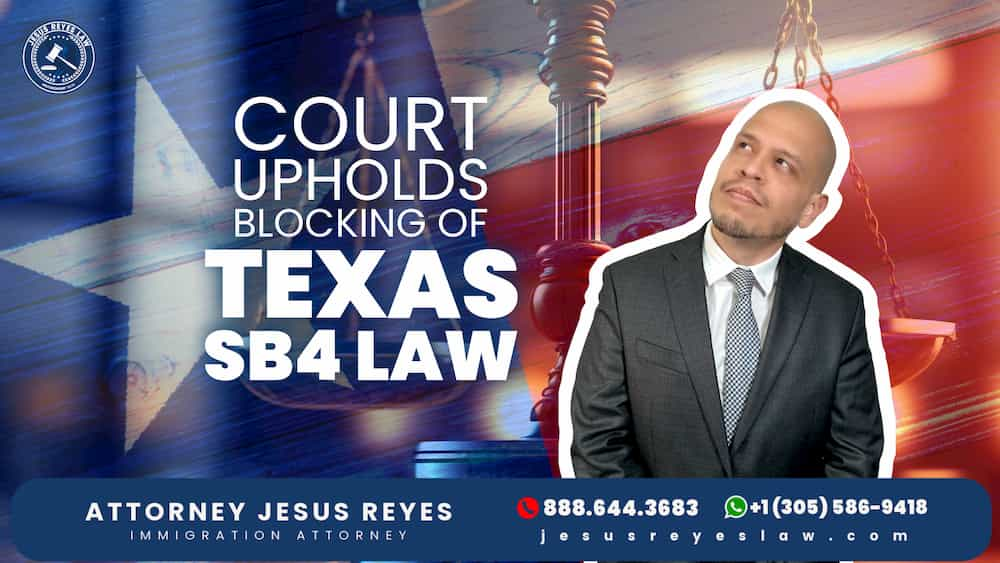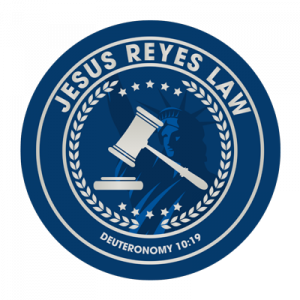The Texas SB4 immigration law has been a source of controversy and debate since its enactment in 2017 and its amendment in 2023. Recently, the Fifth Circuit Court of Appeals made a crucial decision to maintain the block on this law, which has caused concern in the immigrant community and divided opinions at the state and federal levels. Below, we will analyze the legal context and implications of the court’s decision, as well as the arguments presented by both sides and the potential consequences for the immigrant community in Texas.
Legal Context of SB4
SB4 is a state law that allows Texas officials to detain and deport undocumented immigrants. It was signed by Governor Greg Abbott and has been subject to litigation in the courts due to questions about its constitutionality. The law permits any Texas agent to arrest individuals suspected of entering the country illegally and grants powers to Texas judges to order an individual’s expulsion without due immigration process.
Arguments For and Against
- Arguments in favor of SB4:
- The Texas government maintains that since, in their view, the federal government is not doing enough to control the border, the state has the right to take measures to ensure public safety and order.
- Arguments against SB4:
- Opponents, including the Department of Justice, argue that the law violates federal authority, which historically has managed the detention and deportation of immigrants, and that SB4 would create chaos at the border. Furthermore, it is suggested that the law could promote racial discrimination.
The Appeals Court Ruling
A three-member panel of the appeals court will decide with a majority of two votes against one to maintain the block on SB4, nullifying a previous ruling and rejecting the state’s request to suspend the order of a lower court that ruled the law unconstitutional.
Implications of the Decision
The court’s decision means that the SB4 law will remain suspended while litigation continues. This means that, for now, the law cannot be implemented, and undocumented immigrants are not subject to the provisions contemplated by SB4.
Reactions and Opinions
The response to the court’s decision has been mixed. While some celebrate the protection of immigrants’ rights, others express frustration over what they consider a limitation on the state’s ability to enforce its own immigration laws.
Consequences for the Immigrant Community
The consequences of maintaining the block on SB4 are significant for the immigrant community in Texas. On one hand, it prevents a situation where immigrants could be subject to detentions and deportations without due legal process. On the other hand, legal uncertainty and fear of deportations continue to affect this community.
Legal Perspectives and Expert Analysis
Legal experts have noted that SB4 raises serious questions about federalism and the division of powers between the federal government and the states in matters of immigration. The law has also been criticized for what some consider a punitive and discriminatory approach towards undocumented immigrants.
The Future of SB4
It is likely that the SB4 case will continue its path through the judicial system, potentially reaching the Supreme Court of the United States. The future of the law will depend on the outcomes of these litigations and may have long-term implications for immigration policies across the country.
The Fifth Circuit Court of Appeals’ decision to maintain the block on Texas’s SB4 immigration law is a significant moment in the ongoing struggle for immigrant rights and the definition of state powers versus the federal government. As the law remains suspended, the Texas immigrant community lives with the hope that their rights will be respected and with concern about what the future holds for them. The debate over SB4 reflects the broader tensions in U.S. immigration policy, and its resolution will have consequences for millions of people.










